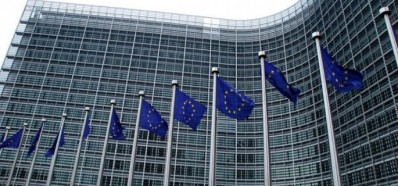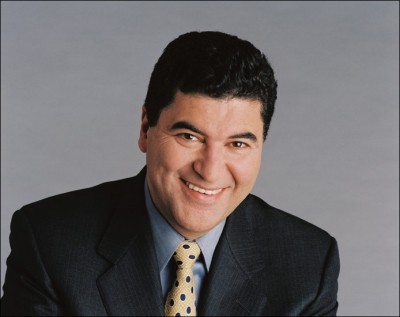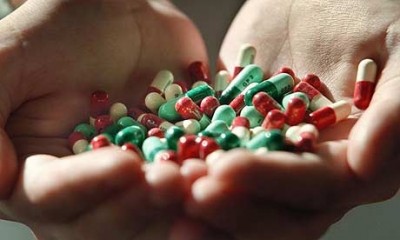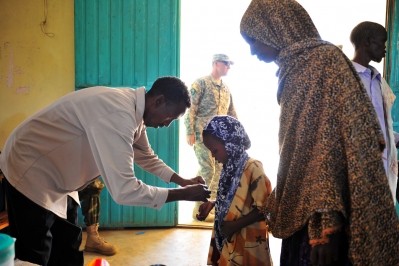EU and Aus to share resources in 'time-saving' orphan drug approval
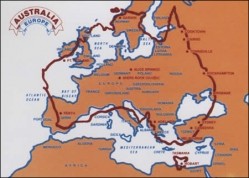
Orphan drugs are intended to treat rare diseases and this partnership between the European Medicines Agency (EMA) and the Australian Therapeutic Goods Administration (TGA) will see the sharing of the workload for marketing-authorisation applications (MAAs), and the possibility of scientific exchange to facilitate the evaluation of such medicines.
The initiative is a response to a specific request the EMA received from the TGA, EMA spokesperson Sophie Labbé told in-Pharmatechnologist.com. “If it is successful, as we hope it will be, we would anticipate overall savings in time and resources on the side of the Agency requesting the reports.”
As well as sharing the workload, such collaboration between regulatory agencies is important in contributing to the development of such drugs which may only treat a handful of patients worldwide.
International Cooperation
The EMA is currently in talks with Health Canada regarding orphan drug collaboration, and has expanded its cooperation with a number of other agencies in the past few years, Labbé said, “in particular with the United States Food and Drug Administration (FDA) and the Japanese regulatory authorities.
“They have a programme in place to encourage sponsors to submit their applications for orphan designation to the three agencies in parallel,” intended to help companies rationalise the development of their orphan medicine and - she continued - so far the scheme has had a lot of success.
“The EMA forecasts that more than one in two orphan designation applications submitted to the EMA in 2014 will also be submitted in parallel to another medicines regulator, which represents a 50% increase over 2013 [120 in 2014 versus 82 in 2013].”
For drugmakers, the agencies have also organised several joint workshops to encourage the development of orphan medicines available in the different territories.
Reduced Fees and Market Protection
In 2013, there were 11 marketing-authorisation recommendations for orphan drugs by the CHMP, up from eight in 2012 and four the year prior. According to Labbé, orphan drug developers are making better use of a number of tools offered by the EMA and its Committee for Orphan Medicinal Products (COMP) resulting in this year-on-year increase.
Such benefits in the EU include “reduced fees for MAAs, scientific advice (protocol assistance) and paediatric investigation plans,” she told us, as well as “protection from market competition once the medicine is authorised through a 10-year market-exclusivity period.”
Furthermore, the EMA has extra incentives for micro, small or medium-sized enterprises (SME) developing orphan drugs, including administrative and procedural assistance from the Agency's SME office and fee reductions.
This is particularly important as SMEs are very active in the area of rare diseases, accounting for 61% of such drug MAAs between 2010 and 2012, according to an article published in Nature earlier this year.
